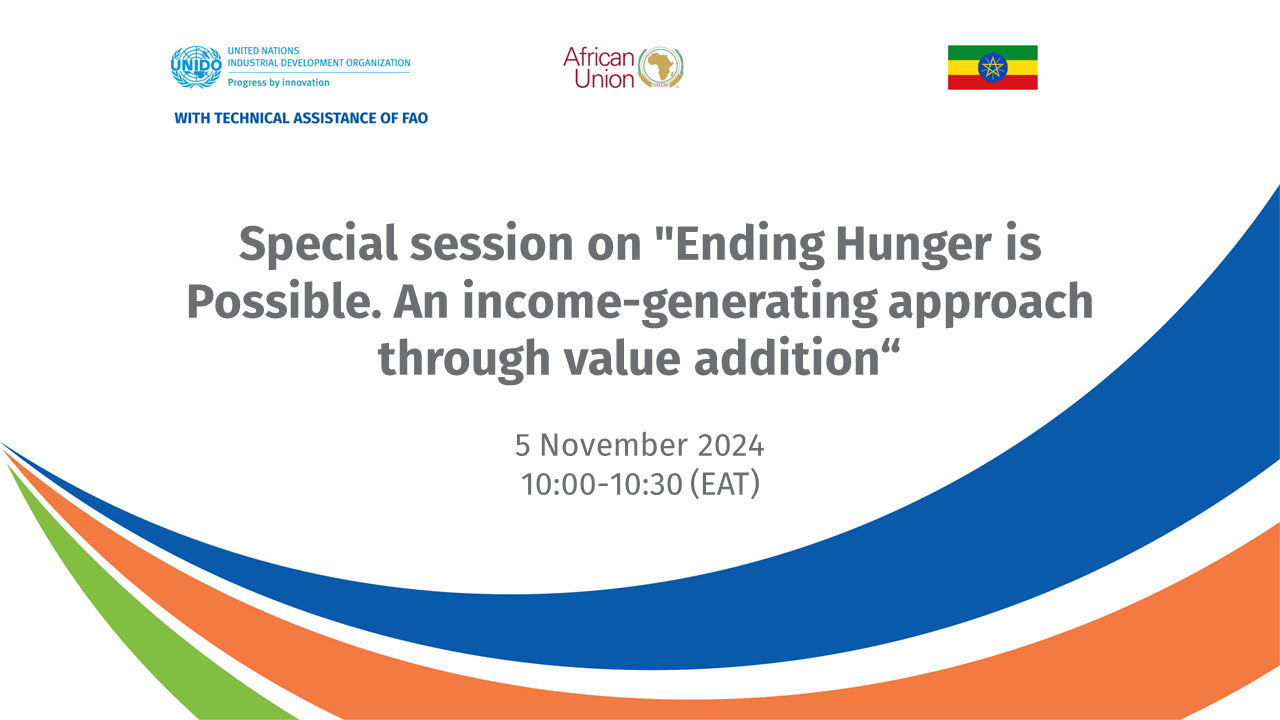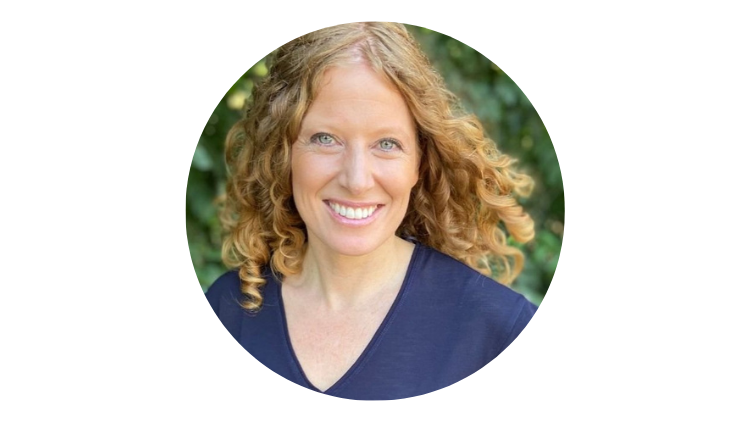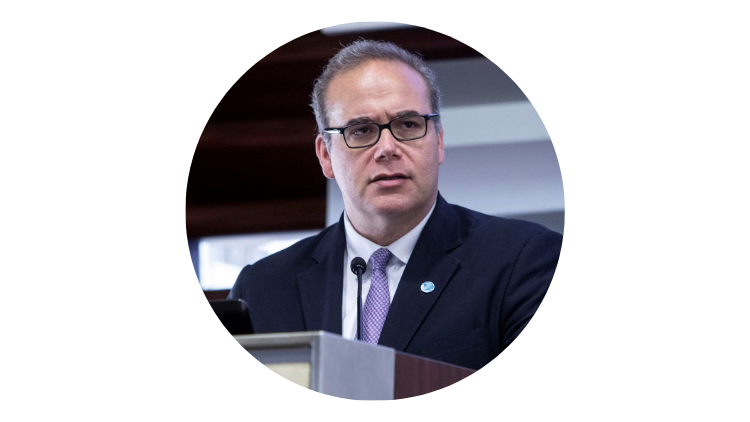


This session will review the recommendations of the study "Ending Hunger is Possible. An income-generating approach through value addition", offering a fresh perspective on how we can tackle this global crisis through a value addition strategy.
Presentations by

Ms. Carin Smaller, Executive Director, Shamba Center for Food and Climate
Ms. Carin Smaller has worked for over 20 years advising policymakers, donors and parliamentarians in more than 30 countries on investment, trade and competition in agriculture and food systems. She co-founded the Shamba Centre. Before that, she was the Director of Agriculture, Trade, and Investment at the International Institute for Sustainable Development (IISD). She was the co-Director and co-author of Ceres2030: Sustainable Solutions to End Hunger, a three-year research project combining artificial intelligence and economic modelling to find the most effective ways and costs to end hunger, double farmer incomes and protect the climate. Carin holds a LLB and a BSc in Political Science from the University of New South Wales. Carin was born and grew up in South Africa and has lived and worked in Australia, India, Namibia, Nepal, Tanzania and Switzerland.

Mr. Maximo Torero, Chief Economist, Food and Agriculture Organization of the United Nations
Mr. Maximo Torero Cullen is the Chief Economist of the Food and Agriculture Organization (FAO). He joined the Organization in January 2019 as Assistant Director-General for the Economic and Social Development Department. Prior to joining FAO, he was the World Bank Group Executive Director for Argentina, Bolivia, Chile Paraguay, Peru and Uruguay since November 2016 and before the Bank Mr. Torero led the Division of the Markets, Trade, and Institutions at the International Food Policy Research Institute (IFPRI). His major research work lies mostly in analyzing poverty, inequality, importance of geography and assets (private or public) in explaining poverty, and in policies oriented towards poverty alleviation based on the role played by infrastructure, institutions, and on how technological breakthroughs (or discontinuities) can improve the welfare of households and small farmers. His experience encompasses Latin America, Sub-Saharan Africa, and Asia.
Mr. Torero, a national of Peru, holds a Ph.D. and a Master’s degree in Economics from the University of California, Los Angeles (UCLA), and a Bachelor’s degree in Economics from the University of the Pacific, Lima, Peru. He is a professor on leave at the University of the Pacific, Perú, and an Alexander von Humboldt Fellow at University of Bonn, Germany, and has also published in top journals (QJE, Econometric Theory, AER-Applied Microeconomics, RSTAT, Labor Economics and many other top journals).
Mr. Torero has received in 2000 the Georg Foster Research Fellowship of the Alexander von Humboldt Foundation, won the Award for Outstanding Research on Development given by the Global Development Network, twice, in 2000 and in 2002, and received the Chevalier de l'Ordre du Mérite Agricole in 2014.